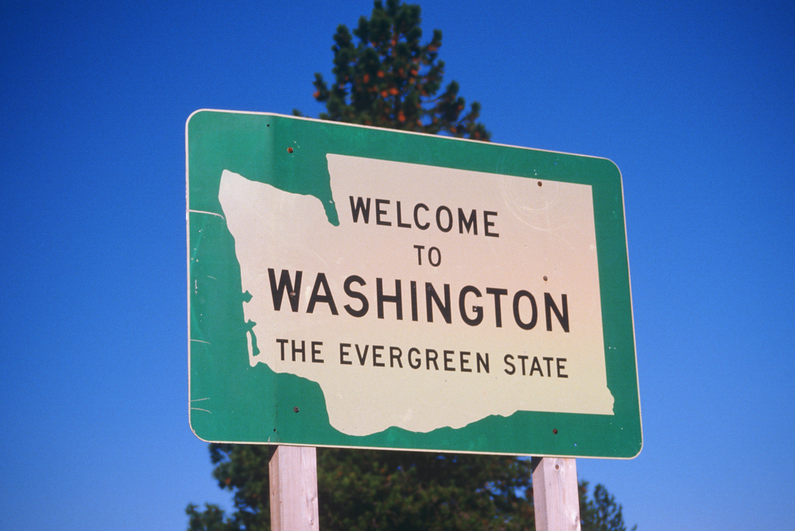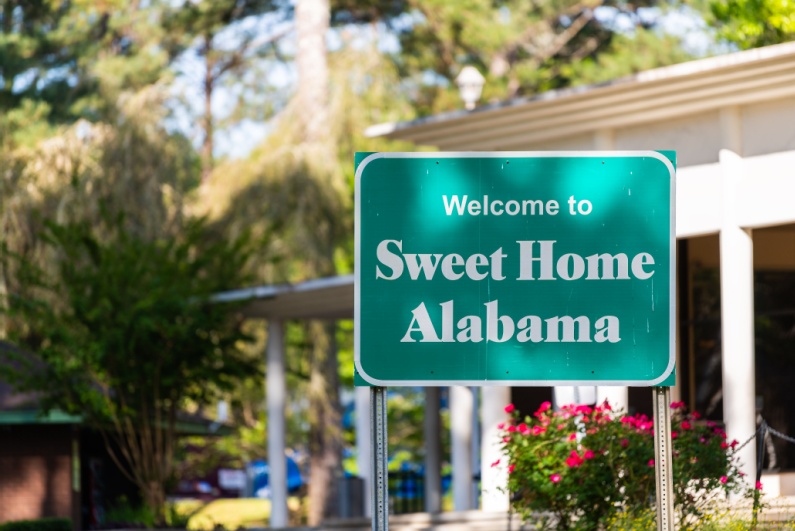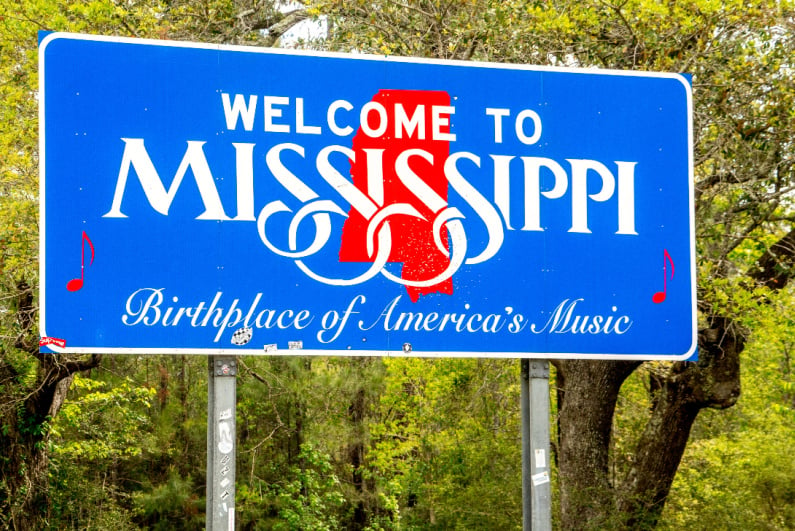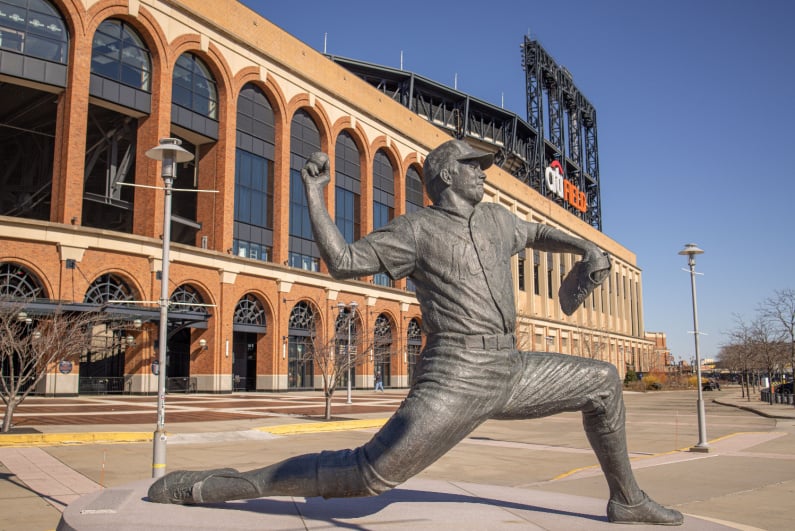Card rooms, racetracks to benefit
Two bills seeking to allow commercial sports wagering at Washington’s racetracks and card rooms have been reintroduced in the state Senate and House. The bills were introduced earlier this week as the 2022 Washington legislative session opened on Monday.
Together with the momentous tribal gaming lawsuit filed Tuesday by Theodore Olson, impetus is mounting for a change to the current sports betting monopoly held by Washington’s tribes.
Gaming law and sports betting attorney Daniel Wallach took to Twitter on Tuesday to share news of lawmakers reintroducing SB 5212, a bill first introduced a year ago Friday:
While Washington’s Committee on Labor, Commerce and Tribal Affairs heard SB 5212 in February 2021, it failed to progress. House Bill 1674 was the other related bill reintroduced this week. First filed on December 20, 2021 ahead of its introduction to the House of Representatives on Monday, HB 1674 was referred to the House Commerce and Gaming Committee.
permitting wagers to be placed via brick-and-mortar and online sports pools at card rooms or racetracks
If passed, the two bills would amend multiple aspects of the Revised Code of Washington (RCW) by permitting wagers to be placed via brick-and-mortar and online sports pools at card rooms or racetracks in the state. SB 5212 would allow qualifying licensees to offer one branded sports betting website and one mobile wagering app.
As Wallach points out, the bill only allows online or mobile betting provided bettors make in-person digital bets at the licensed card rooms or racetrack complexes.
Momentum gathering
If passed, the bills could bring sports betting to Washington’s 44 licensed card rooms. The state’s five horseracing tracks are at Emerald Downs, Dayton Days, Sun Downs, Waitsburg, and Walla Walla Fair Grounds.
Qualifying card rooms or racetracks will need to pony up an initial license fee of $100,000 and a renewal fee every five years. Licensees will be subject to a 10% tax on gaming revenue. Furthermore, the bills prohibit coaches, athletes, referees, and other sports personnel from wagering on events managed by their own sports entities.
Both bills dovetail neatly with a lawsuit filed Tuesday in the US District Court for the District of Columbia by Theodore Olson, the lawyer involved in the US Supreme Court overturning of the federal sports betting ban in 2018. Olson’s new suit, filed on behalf of client Maverick Gaming, claims Washington lawmakers have used the Indian Gaming Regulatory Act (IGRA) incorrectly to give tribal casinos a “discriminatory” monopoly over various forms of gaming in the state.
Big legal hitter on the case
Olson’s pedigree and track record in sports betting law signals a major challenge to the tribal monopoly in Washington. Added to this is the fact that a federal judge on the District of Columbia circuit in November tossed a compact that gave Florida tribes a monopoly over sports betting, stopping the state’s fledgling sports betting market in its tracks.
Rebecca George, the Washington Indian Gaming Association’s executive director, went as far as condemning Maverick’s lawsuit as “dangerous and destructive.”
Operators of Washington’s card rooms and racetracks, however, will be thinking more in terms of the financial security and growth that the two bills and the lawsuit might offer their businesses and surrounding communities.



